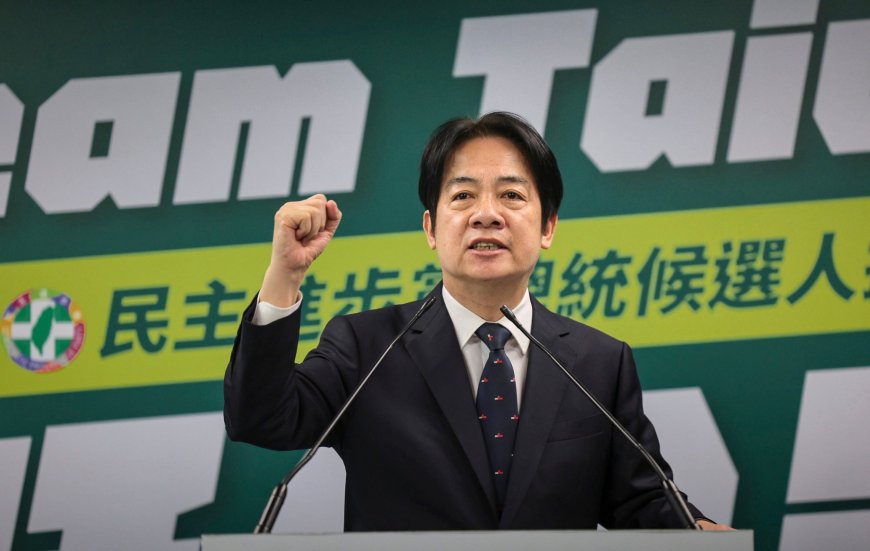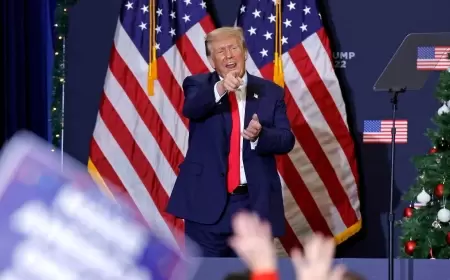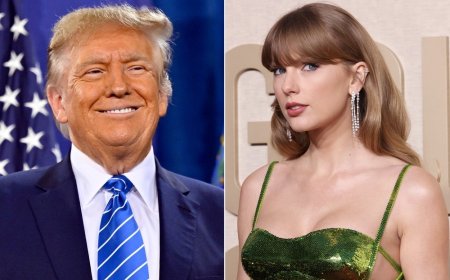Taiwan Election Result: Lai Ching-te Emerges Victor Despite China's Opposition
Taiwan's New Leader: Lai Ching-te Wins Election Despite China's Disapproval, Paving the Way for Diplomatic Changes

Lai Ching-te, the ruling-party candidate, has secured victory in Taiwan's presidential election, leading his opponents to concede defeat. This outcome holds immense importance as it will shape the course of the self-ruled democracy's relations with China over the next four years.
China had framed the election as a choice between war and peace, vehemently opposing Lai, the current vice president who transitioned from a medical career to pursue politics. The election's stakes were high, revolving around peace, social stability, and prosperity on the island claimed by Beijing as its own, with the threat of force for reclaiming if necessary.
While the campaign spotlighted domestic issues such as the sluggish economy and expensive housing, Lai's Democratic Progressive Party's emphasis on self-determination, social justice, and rejection of China's threats ultimately resonated with voters. This marks the first instance of a single party leading Taiwan for three consecutive four-year presidential terms since the inaugural open presidential elections in 1996.
Post-election, Lai expressed gratitude to the Taiwanese electorate, highlighting their unwavering commitment to democracy. He pledged Taiwan's continued alignment with democracies globally and resistance against external forces attempting to influence the election.
Lai, along with incumbent President Tsai Ing-wen, rejects China's sovereignty claims over Taiwan and has extended offers for dialogue, which Beijing has consistently refused, labeling them separatists.
Despite China's perceived preference for the China-friendly Nationalist Party candidate, Hou Yu-ih, Lai's victory signals a rejection of such sentiments. Hou, in his concession, apologized for not regaining power for the Nationalist Party, also known as Kuomintang (KMT). The third candidate, Ko Wen-je of the Taiwan People’s Party, garnered support as an alternative to traditional parties, advocating for dialogue with Beijing while upholding Taiwan's democratic values.
The United States, bound by law to provide Taiwan with defense weapons, has pledged support for the emerging government. Besides addressing China tensions, domestic concerns such as housing affordability and stagnant wages played a significant role in the campaign.
The election's outcome is expected to have a lasting impact on the geopolitical landscape, influencing ties with China relative to the West and shaping the situation in the South China Sea. The close relationship with the U.S. is anticipated to strengthen under Lai's administration, while Beijing may employ a "maximum pressure campaign" to influence the new government on military, economic, and political fronts.
Must Read: Maldives Strengthens Ties with China in Shift Away from India













































